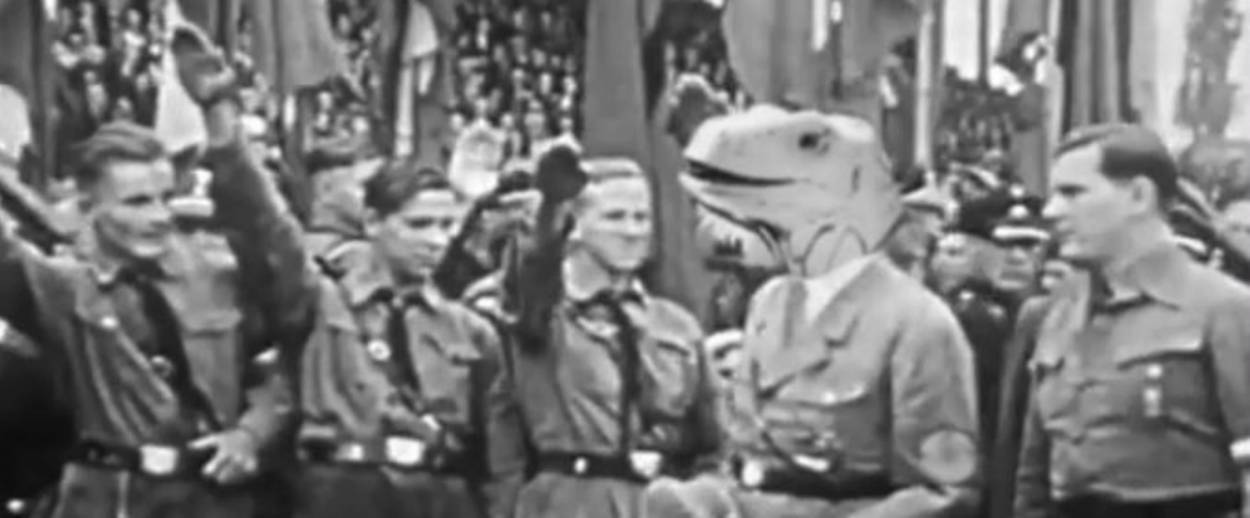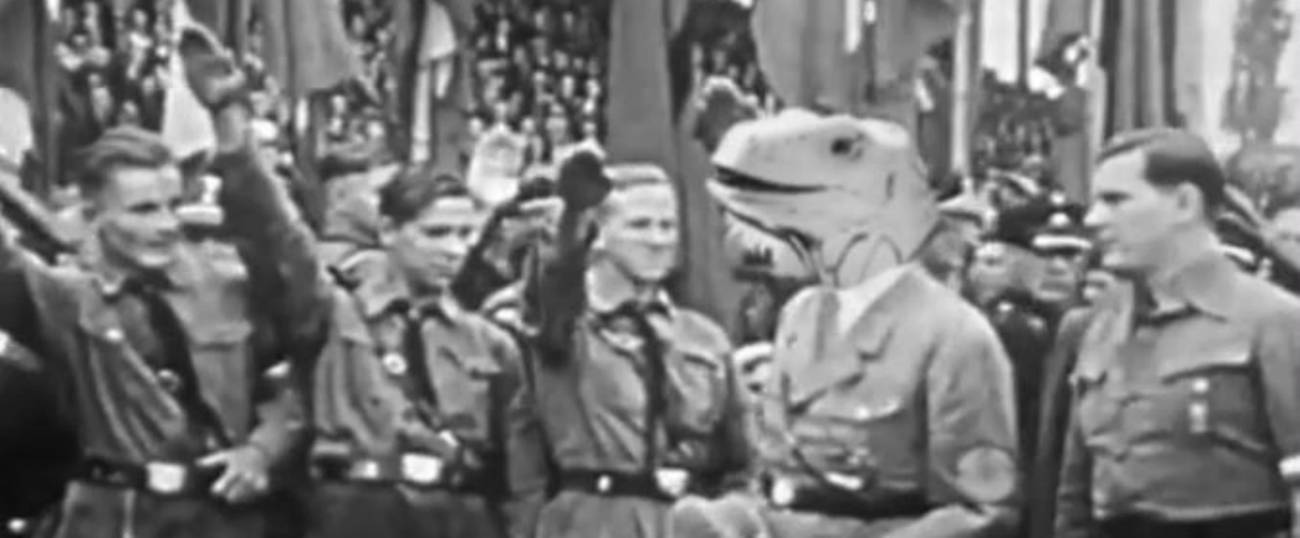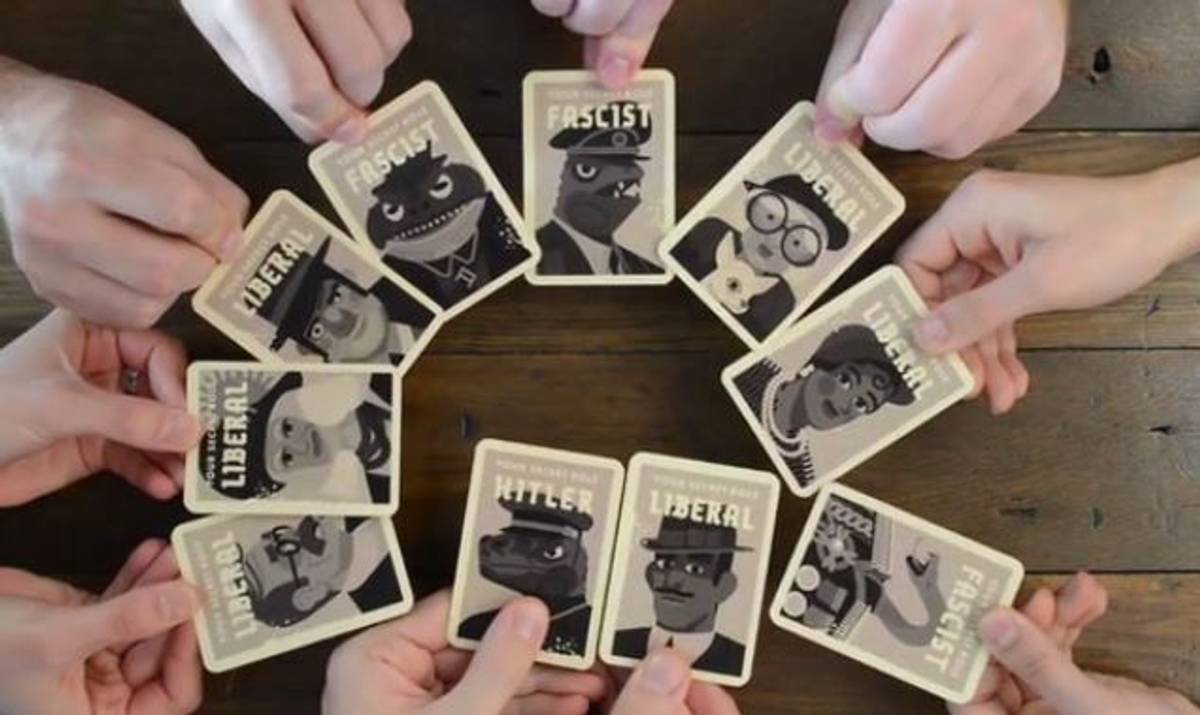‘Secret Hitler’ Board Game Pits Liberals Versus Fascists in 1932. What Fun!
This Hanukkah, consider buying the game that enables you to divvy up your friends as two warring political parties




Board games rock, and they seem to be making a comeback (at least within my circle of friends, who, objectively, are cool). I like to think this is due in large part to Cards Against Humanity, that simple-to-play, laugh- and-cringe inducing card game everybody always says they could’ve created had they only written down their stoned conversations in college. Now, one of the designers of Cards Against Humanity (Max Temkin) is a part of a team that created a new board came called ‘Secret Hitler,’ which has raised over $350,000 more than it needed in its Kickstarter campaign. It looks fantastic.

Here’s the gist of the game:
Secret Hitler is a dramatic game of political intrigue and betrayal set in 1930’s Germany. Players are secretly divided into two teams—liberals and fascists. Known only to each other, the Fascists coordinate to sow distrust and install their cold-blooded leader. The liberals must find and stop the Secret Hitler before it’s too late.
Each round, players elect a President and a Chancellor who will work together to enact a law from a random deck. If the government passes a fascist law, players must try to figure out if they were betrayed or simply unlucky. Secret Hitler also features government powers that come into play as fascism advances. The fascists will use those powers to create chaos unless liberals can pull the nation back from the brink of war.
And if that doesn’t woo you, here’s one of the game’s designers, Tommy Maranges, on Secret Hitler’s gameplay, which relies on “social deduction.”
Secret Hitler is inspired by games like Werewolf and Resistance/Avalon, but those games can rely too much on the “social” aspect of social deduction games, and not enough on the “deduction” aspect.
We tried to solve that problem by making Secret Hitler feel like a puzzle that you could always almost solve if you pay close attention—but not quite. During the game, we make lots of information available, but you have to rely on social cues to sort it out from misinformation… We invented a new mechanic (the policy deck) to parcel out information to some of the players some of the time, and [t]hat makes Secret Hitler feel as much like a collaborative puzzle as a social deduction exercise.
Check it out:
Previous: Pogromly, the Game as Clever as Its Name
Jonathan Zalman is a writer and teacher based in Brooklyn.